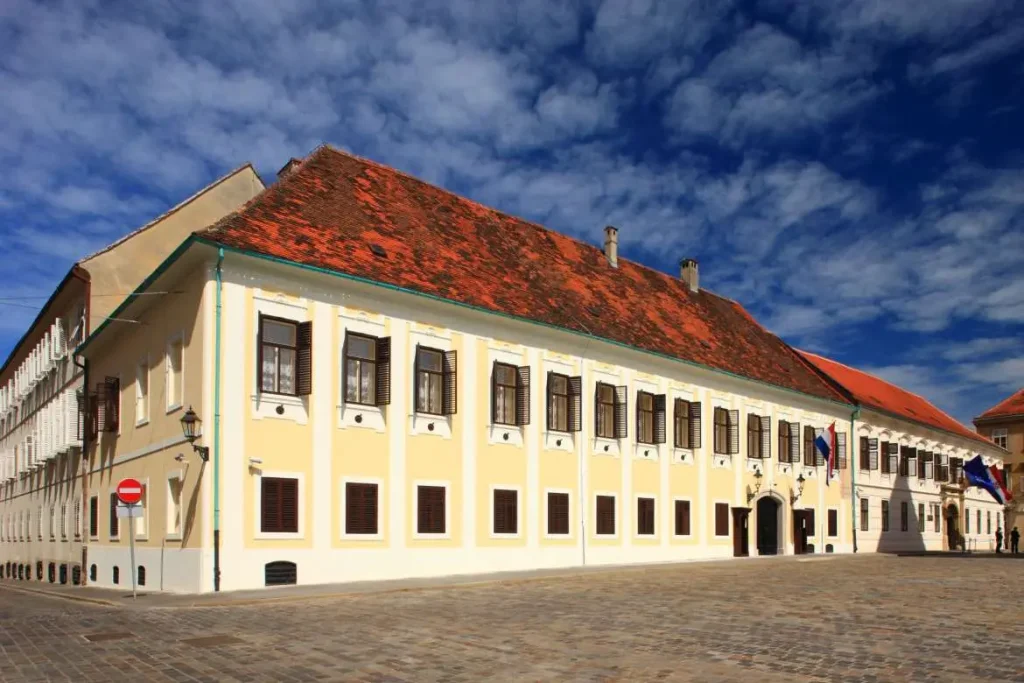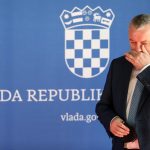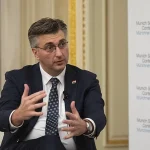As Poslovni Dnevnik/Marija Brnic writes, the development of events and the latest reshuffles on the Croatian political scene and the increasingly serious military security crisis in which the moves of Russian President Vladimir Putin are of growing concern have been being followed with trepidation recently.
PM Plenkovic wanted to see Croatian People’s Party (HNS) leader Stjepan Curaj placed in the position of Minister of Physical Planning, Construction and State Property after Darko Horvat was arrested a few days ago. Curaj is also currently state secretary in the Ministry of Finance, but despite his resume, the idea didn’t work with PM Plenkovic’s coalition partners.
Stjepan Curaj is otherwise a lawyer and the fact that there are no references to his name that would make him particularly desirable for the leading position in the construction department has sparked heated debates over the Prime Minister’s intention to position him in such an important position, just after the European Commission gave Croatia another year to use cash from the Solidarity Fund.
In addition, Curaj has been reproached for being in a wave of recent questions about the character of politicians and the use of benefits covered by the state budget and his name having emerged on that infamous list.
PM Plenkovic definitely wants to avoid any snap or early elections, but with the latest developments, he will probably not take the opportunity to “clean start” and introduce completely new, unblemished people from the profession. The question is still open as to what further consequences there will be for the functioning of the Government and other state bodies if he is forced to make changes in some other positions.
Whether he will be able to push his mandate right through to the end with this level of shaky credibility and whether there will be disruptions at lower levels in decision-making after all of this are some of the questions that can be heard from the political, analytical and even economic ranks. Unfortunately, all this is happening in the midst of strained relations and an increasingly serious crisis in which Russia is leading with the recognition of two separatist regions in Ukraine, and which will cause a wave which will inevitably spill over into the Croatian economy.
Not only will the likely sanctions against Russia, announced from Western countries against Russian banks and companies, again hamper trade, which last year exceeded 5 billion kuna, but the consequences will all be felt indirectly, through rising oil and gas prices that will close access Russian raw materials and their procurement in other markets. The new sanctions, which in the case of the EU should be similar to those put in place back in 2014 after the annexation of Crimea, will be felt through business with EU member states that have extensive trade with Russia, such as Germany, one of Croatia’s most important foreign trade partners.
Therefore, a new global military and economic crisis is imminent, and the current proverbial earthquakes (thank God they’re at least not real ones this time) we’re experiencing due to rising electricity and gas prices and the threat of inflation will not be tackled until April the 1st. Let’s hope that date carries none of its traditional meaning, either.
“We’re live between unpredictable events, and predictability is a prerequisite for stability, which is essential for successful business,” said Damir Zoric, director general of the Croatian Employers’ Association.
For more, check out our dedicated politics section.










